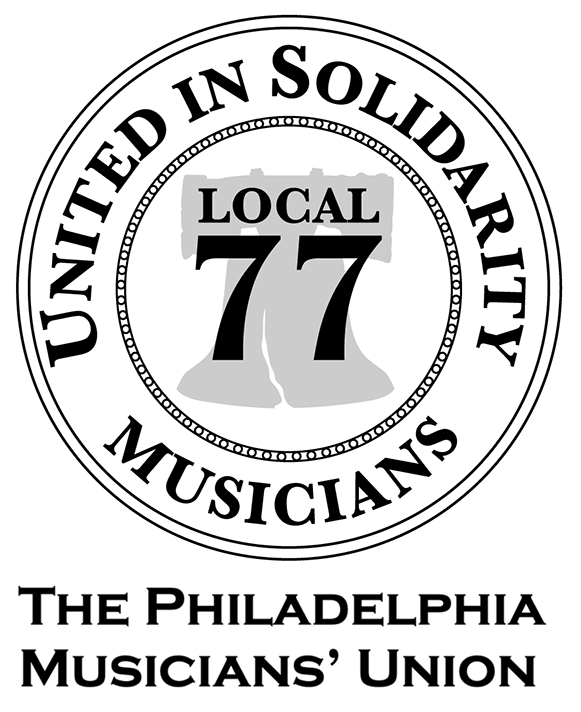

Dear Brothers & Sisters,
Some orchestral employers have started to plan various scenarios under which musicians might come back to work. The AFM Symphonic Services Division has been working closely with the Regional Orchestra Players Association and the International Conference of Symphony and Opera Musicians to offer guidance on returning to work.
Given the tremendous uncertainties we face with respect to a lack of scientific consensus as to what is safe, as well as the patchwork of local, state, and federal orders governing “re-opening” efforts, we do not believe it is possible at the present time to answer the question of what may constitute proper safety protocols. There are simply too many unknowns and the risks associated with mistakes in this realm are too great.
As a preliminary step, the following guidance is being offered to members as discussions with employers begin:
- It is critical that the Local and Orchestra Committee (OC) demand bargaining with the employer over safety protocols that must be in place before any resumption of in-person work can occur. This is literally a matter of life and death, so return-to-work conditions must be agreed upon and obligations must be binding upon the employer. We have heard anecdotal reports of managers or conductors reaching out to individual musicians with proposed performance plans. Under no circumstances should those discussions occur in any way other than through the Local and OC.
- Any agreement reached with your employer must contain safety protocols that are consistent with both scientific consensus and orders from the relevant civil authorities. This, unfortunately, is the most difficult issue to resolve, as there is yet no real scientific consensus on what constitutes a safe return to work, particularly with respect to the unique aspects of an orchestral workplace. The inconsistent and ever-changing guidance we are seeing from governmental authorities does not help, either. We hope that more certainty about safest practices will develop over the next weeks and months. Until then, we must scrutinize carefully any proposed protocols and reject any that are unsupported by the best and most current science available. When in doubt, we urge you to err on the side of caution and safety.
- No one should be required to return to work if they reasonably believe that doing so would put their health at risk, or jeopardize the health of a family member. Obviously that means anyone in an at-risk category (over 60, underlying health condition, immune-compromised), but also those who may come into contact with someone in an at-risk category. This also means that anyone who chooses not to return for those reasons should not be penalized in any way; for example, part of any agreement should be that no one will be forced to use sick days or other leave if they decline to return to work for these kinds of health reasons and will receive compensation regardless.
- No musicians should ever be asked to sign a liability waiver, releasing the employer, the facility or any other entity, as a condition of returning to work.
- A bedrock principle of unionism is equality, and for that reason, care must be taken to ensure that when musicians return to work in smaller ensembles, the employer does not establish a pattern of paying only those who perform. For salaried musicians, that means paying all musicians regardless of who is performing, and rotating the work equitably so that the burden and benefits of performing do not fall only upon a few. For per-service orchestras, it is even more crucial to establish an equitable system of allocating the work.
Please keep in mind that the above guidelines, especially with respect to safety protocols, are necessarily preliminary, given that there is still great uncertainty and a lack of scientific consensus regarding workplace safety in light of COVID-19. Accordingly, these guidelines are intended to serve primarily as a starting point for discussions within your orchestras and with management. We anticipate updating these guidelines as more information becomes available.
In Solidarity,
The Local 77 Executive Board
Other Industry News Updates
12 Largest Entertainment Unions Gather to Discuss COVID-19
Representatives from Actors’ Equity, SAG-AFTRA, SDC, IATSE, and more shared progress and new developments regarding employment during the pandemic.
Berlin Study Issues Recommendations For Orchestral Distancing
Scientists at the Charité in Berlin have issued a 13-page paper, at the request of seven Berlin orchestras, advising the distances to be observed in rehearsal and performance for the foreseeable future, and suggesting that orchestras might be able to meet again under the following conditions.
AFM Musicians’ Relief Fund
The Musicians’ Relief Fund helps union musicians who work gig to gig and are confronting extraordinary financial challenges as a result of the COVID-19 pandemic.
Important Reminders
- May 18: Deadline to Register to Vote
- May 26: Last day to apply for a mail-in or absentee ballot
- June 2: ELECTION DAY and last day for County Boards of Elections to receive voted mail-in and civilian absentee ballots


